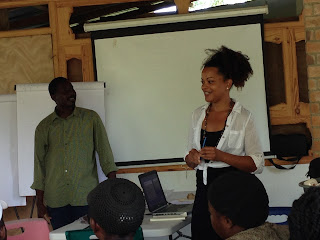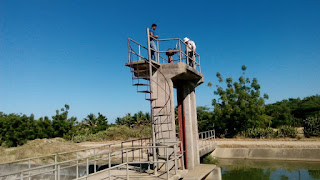Empowering Women in Coffee

By Christa Michaud, Farmer-to-Farmer Volunteer, Haiti Christa Michaud conducting gender training for coffee farmers in Northern Haiti in March. Women in Haiti play a valuable and important role in the country’s coffee sector. They are actively involved in the production, export and selling of coffee, but having minimal access to land, credit, training, and leaderships positions due to gender-based inequities limits their economic opportunities. In an effort to help build a more gender-inclusive value chain in Haiti’s coffee sector, I traveled to the country as a Farmer-to-Farmer volunteer to assist in the development of a local chapter of the International Women’s Coffee Alliance (IWCA). Founded in 2003, IWCA is a nonprofit that advocates for women in coffee, and provides a critical for um for them to build and foster relationships, gain essential leadership and technical skills, and access markets. There are currently 19 IWCA chapters around the world, representing more tha



